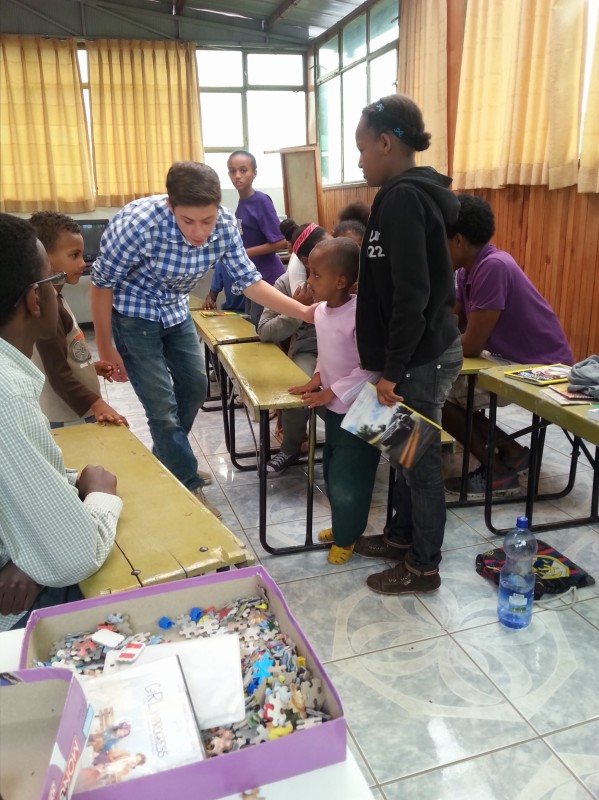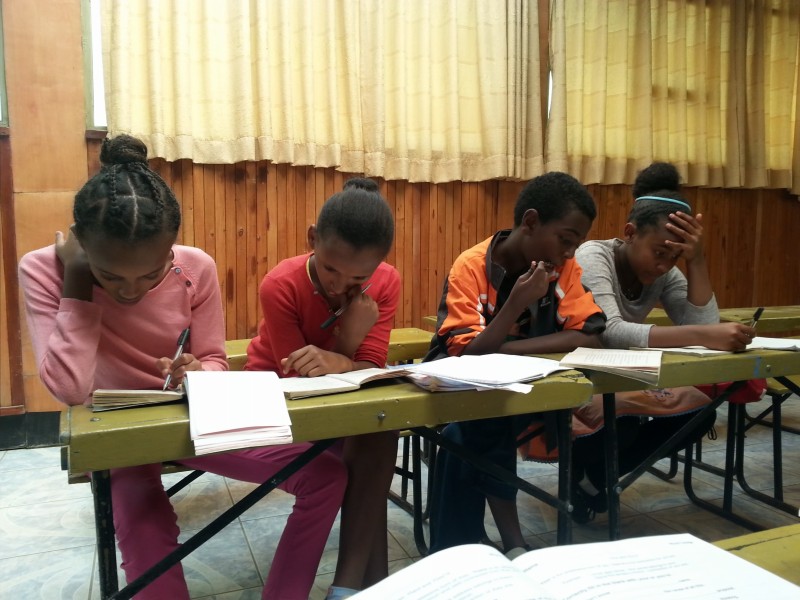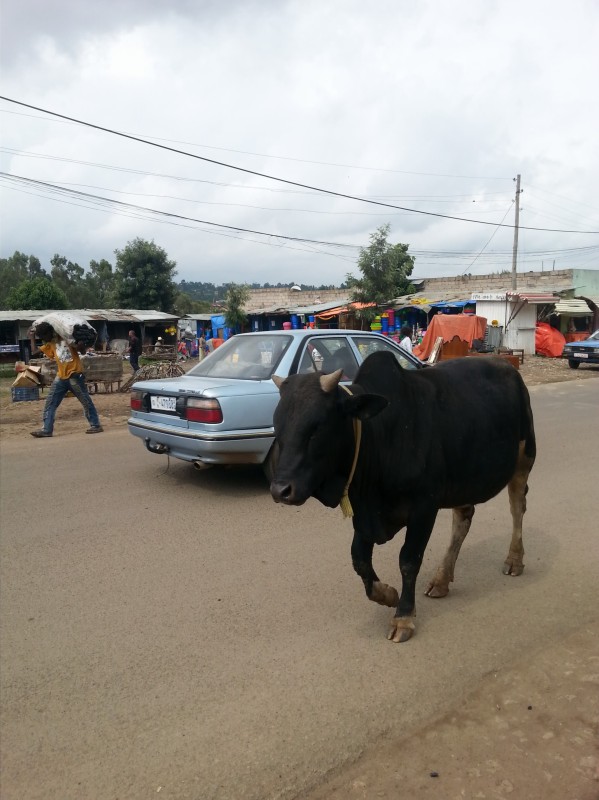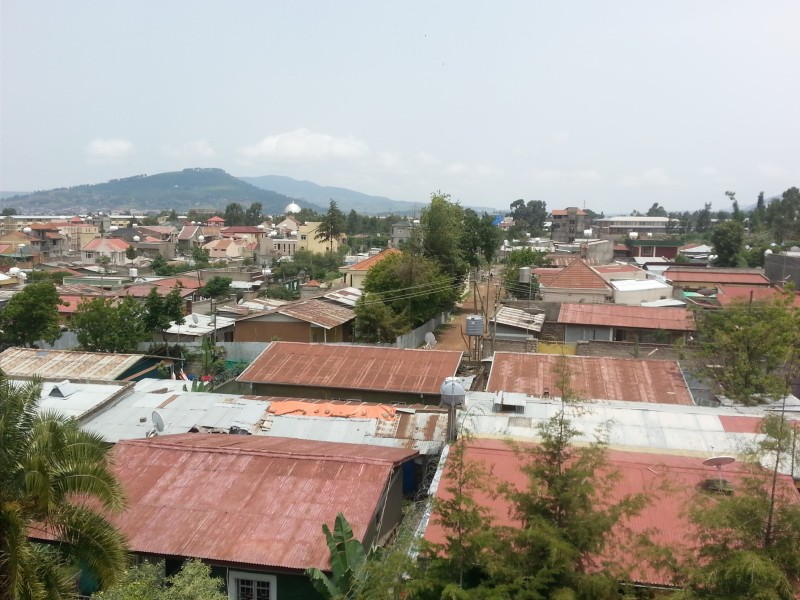The first thing you need to know about me is that I am just a regular teenage kid. I’m not a hyper-intelligent saint with model good looks that succeeds at everything I attempt, but I was given an opportunity to do something that really mattered, and taking that chance changed my life in more ways than I thought possible. Hi, I’m Bryce and I’m 16 years old. I’ve lived my whole life in Boca Raton, Florida, surrounded by affluence. In my free time I like to play soccer, read, and travel to Addis Ababa, Ethiopia and teach children English at a learning center/orphanage.
Teaching English in Ethiopia
Before I started going to Ethiopia, I couldn’t find the country on a map, which is a testament to my worldview (or lack thereof) at the time. That was one of the biggest things I saw change in myself during this experience; the world shrunk considerably and places like Addis seem less remote. Anyway, a neighbor of mine, Dr. Ephraim Senbetta, was traveling back to his homeland of Ethiopia and presented me with the opportunity to come with him and teach at the PEFAN center, a learning center and orphanage that his family was very involved with. Me, being the brash and reckless person that I am, immediately accepted his offer without consulting my parents or considering the repercussions of such an ordeal, but after weeks of debate I finally managed to convince my mother that sending her 15 year old son 8,000 miles away to an area known for political and cultural turmoil was a brilliant idea. That coming summer I left my life behind and flew 17 hours from my first home to what would become my second.
Challenges Faced
The first challenged I faced was the food. The staple of any Ethiopian diet is Injera – a sour, porous bread upon which various meats and sauces are heaped. In order to eat it one must tear off pieces of Injera and use it as a medium to scoop up whatever food is on top. This skill takes a while to acclimate to, as does the taste of the food itself. However once you grow accustomed to the sharp and spicy taste of Ethiopian cuisine you begin to understand how many residents of the country eat it three meals a day. My first meal in Addis was alone, and because of this I had no one to teach me how to properly consume the meal I was given. Instead of unrolling the Injera and placing the kitfo (spiced ground goat) on top, I ate the kitfo and injera separately. Now every Ethiopian I’ve told this story to visibly cringes, as they understand how unpleasant injera tastes when eaten alone. It is extremely sour and dry which is why in all meals it is paired with other foods. Over time I learned to love this distinct type of food, as it is truly an acquired taste.

Forming Bonds
I lived with a family whom I had never met, so at first I was a bit nervous. That quickly changed. I immediately formed close bonds with every member of the Woldetensai family, especially Dani, who was close to my age. I quickly went from being a guest to being one of the kids, which was extremely heartwarming to me. Excluding me, there are 4 kids in total: Dani, who is 17, Dawit, who is 15, Sarem, who is 13, and Adot, who is 4. We spent copious amounts of time just messing around and having fun, and I even managed to convince Dani to teach with me.

While in Ethiopia, I spent the majority of my time Teaching English at the PEFAN center, which is a safe haven for Ethiopian kids between the ages of 5 and 18 where they can live, eat, learn, and play. I served as a mentor, teaching these kids English as well as life skills. The kids were incredibly respectful and friendly to the point where I formed very close friendships with many of them. The classroom setting is very casual, as Dani and I promote discussion rather than focusing on a lecture. One thing I always notice is how eager and enthusiastic the kids are to learn. They voluntarily travel miles every day during their summer vacation to learn a foreign language, which is one of the hardest things to learn, and they always are smiling.




Leave a Reply